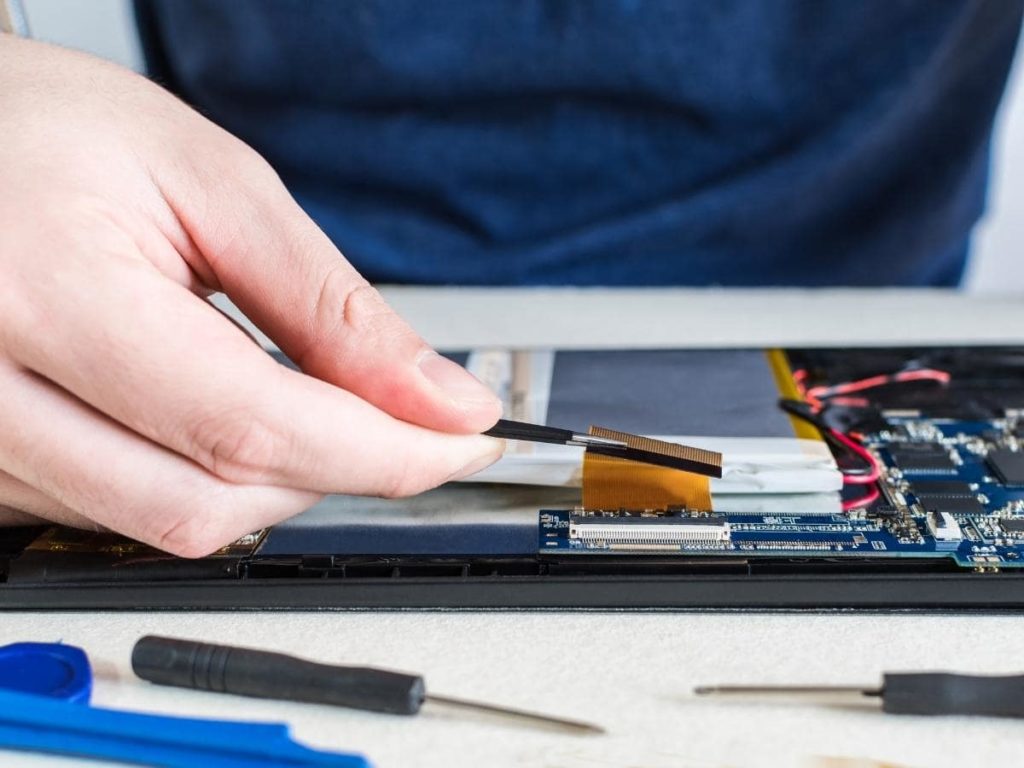MacBook Pro Keyboard Replacement – Fixing Common Issues
If your Macbook Pro keyboard isn’t functioning correctly, there are a few things you can do to fix it. First, check the keys for broken or unresponsiveness. Next, connect your spare keyboard to your Macbook. If that doesn’t solve the problem, contact Apple for professional assistance. Sometimes, the company will fix some issues for free, so it’s worth trying. For the keyboard to function properly, hold it at a 75-degree angle to the table or floor. Then, hold a straw over the keyboard and blow compressed air between the keys in a left-to-right pattern. You should also check the right side of the keyboard to make sure that it’s clean.
Fixes for Unresponsive Keys
A Mac’s keyboard is not responding properly. If you’re experiencing this problem, there are two quick fixes. First, disable Force Click on the trackpad. You can disable Force Click from the Trackpad settings by navigating to the Point & Click tab. This fix will work only on MacBooks with 3D Touch. If Force Click is the culprit, try resetting the SMC (System Management Controller) by pressing and holding the Power button for seven seconds. This will force the keyboard and trackpad to return to factory settings.
Second, you can try spraying compressed air on the keyboard. Using a straw, blow air between the keys in a left-to-right pattern. Repeat the procedure on the other side of the keyboard. This should fix your keyboard problems. If the problem persists, try contacting Apple for support. Depending on your model, they may be able to help you fix the issue for free.
Fixes for Stuck Keys
Regardless of whether your MacBook’s keys are stuck due to natural wear and tear or a design flaw, there are a few common fixes you can try. However, removing the keys isn’t easy, especially if you have a butterfly or Magic keyboard. In these cases, you will need to replace your keyboard. This guide will show you how to remove stuck keys on your MacBook.
The first step is to turn off your Macbook. Make sure you have it turned off before you attempt any of these solutions. If none of those solutions work, try a different method. Some of the solutions are DIY and may not be effective. If you have a Macbook Pro with the latest OS, you might be able to repair the keys yourself. However, if you do have to spend money on a replacement keyboard, you should check with Apple first. It will cover your model for up to four years after purchase.
Fixes for Broken Keys
In addition to contacting Apple for service, you can also try to repair the keyboard on your own. This is an easy fix and does not require any special tools or knowledge. First, remove the keyboard case. This will help you protect the MacBook. Use a plastic probe or flathead screwdriver to remove the broken key assembly. This will expose the mechanism underneath. Afterward, clean the keys with compressed air.
After cleaning the keyboard, connect the spare keyboard. If the spare keyboard isn’t available, contact Apple. If you’ve tried these fixes but still cannot get your Mac to work, contact Apple for professional assistance. You can have some of the keyboard problems fixed for free. If you don’t feel comfortable performing the procedure yourself, follow the following tips. For the best result, hold your Macbook at a 75-degree angle to the floor or table. Then, use a straw to guide compressed air between the keys. You can do this by inserting the straw into the holes on the right side of the keyboard.
Fixes for Dirty Keys
If you want to avoid paying for a MacBook keyboard replacement, there are several fixes that you can try. One of the most common problems is that the keys become dirty and stick. This can be caused by several factors, including spilled drinks, crumbs, dust, and even coffee. These substances can leave behind a sticky residue on the keys and make typing a nightmare.
To fix the problem, first, make sure the keys are not stuck. If they are, try tapping them a few times. This should fix the problem. If not, you can also use an air canister to blow out any dirt particles that may have been collected under the keys. If that does not work, you may need to contact Apple. Luckily, many MacBook models come with a free keyboard replacement program.
Fixes for Unresponsive Keys Due to Outdated MacOS
Sometimes an unresponsive keyboard can be caused by an outdated MacOS version. In such a case, updating the Mac OS is necessary. You can do this by going to System Preferences on your MacBook. Then, click on Software Update and click on the Update Now button. Once the update has been completed, check whether the keyboard functions properly. If not, you should perform the repair process mentioned above.
A reset of the SMC may fix the keyboard problem, but it may not fix all issues. Be sure to back up your Mac before you do this and disconnect any external devices from the computer. Besides, you may have recently installed new applications and these must be removed before you try the reset. You can also try restarting the Mac to fix the problem. If the reset does not solve the problem, try the following:

